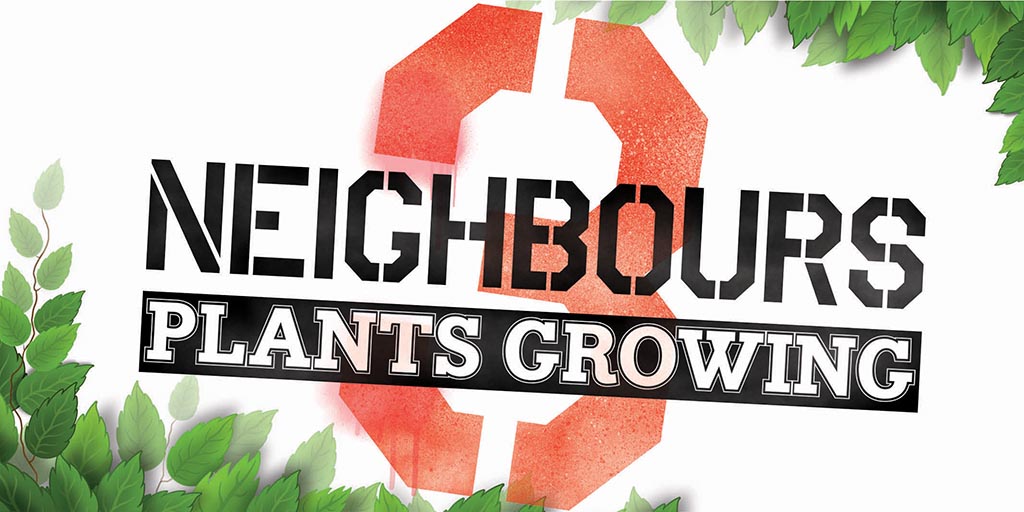Neighbours: Plants Growing

With a community garden, your plants will now have next-door neighbours. Community gardens are designated areas that were set up in London approximately 20 years ago for people without the space required to grow their own plants. In London, there are 14 community gardens spread sporadically throughout the available green spaces.
Michael Pascoe, technician and coordinator of Horticulture at Fanshawe, explained that community gardens originated in England during the Second World War when food was scarce.
“Everybody used every bit of land they could and they got these ‘community plots' or ‘allotments' they called them, so the people in crowded urban centres could grow their own vegetables because there was a food shortage,” Pascoe said.
Currently, over 500 Londoners have access to their own lot on these community gardens. Not only is that a better way to meet new people than on Tinder, it is also a great way to grow your vegetables.
Community gardens are a great way to get you out of your house, but do require some TLC.
“You really have to be dedicated because you physically go to the space and you allot time, kind of like going to the gym. You have to make time to do that sort of thing,” Pascoe said.
If you live at home, you're at an advantage because you have the opportunity to cultivate your own garden. Pascoe explained that despite where you choose to plant, growing your own is better for your health because you know what you're getting in regards to pesticides, chemical inputs and genetic modifications.
When using a community garden, you are permitted to plant fruits, vegetables, grains, berries, beans, herbs and flowers. Gardeners are also required to use organic fertilizers such as compost and not use pesticides or other chemicals.
“Real organic gardens need organic compost. Compost is organic, but if you put in fruit peelings that have been chemically treated, you don't know what you're getting in the end,” Pascoe said.
Community gardens are also a great way to connect with people in your community, provide the opportunity to be physically active and build an overall sense of pride and individual accomplishment.
“They have a multitude of uses [from] engaging disadvantaged kids [to] inner city areas using abandoned lots and such,” Pascoe said.
Essentially, growing your own food is a healthier and organic alternative to store-bought fruits and vegetables and is more rewarding because you grow them yourself.
Fanshawe does own an area for communal gardening and space is available through a draw system for faculty, teachers, staff and students.
Otherwise, in order to reserve your own spot of land in a community garden in London, visit lcrc.on.ca/services/garden-locations.
Information for this article was derived from http://lcrc.on.ca/services/garden-locations and london.ca/residents/Parks/Community-Projects/Pages/default.aspx














